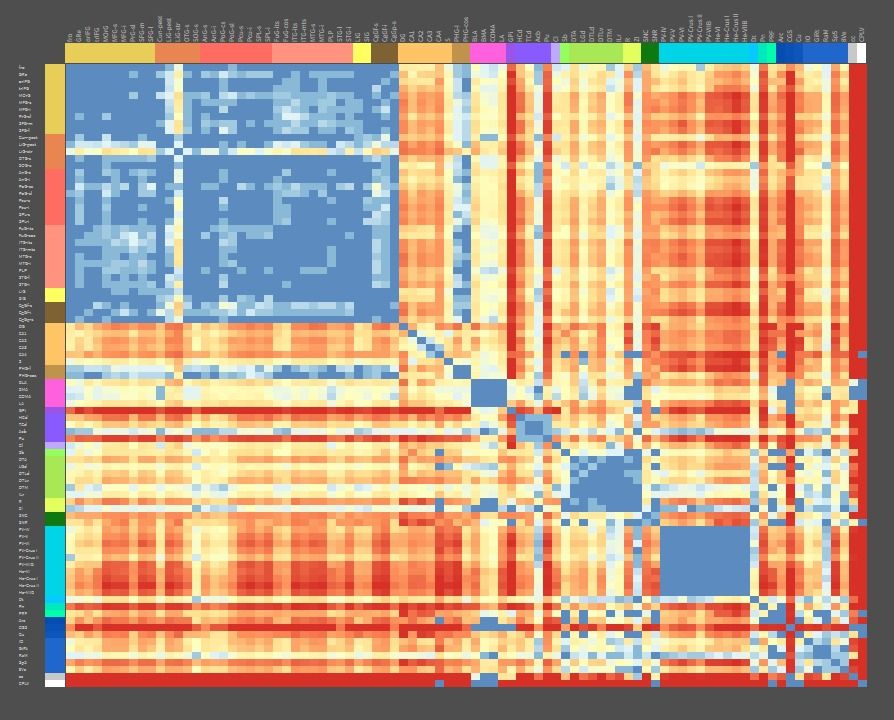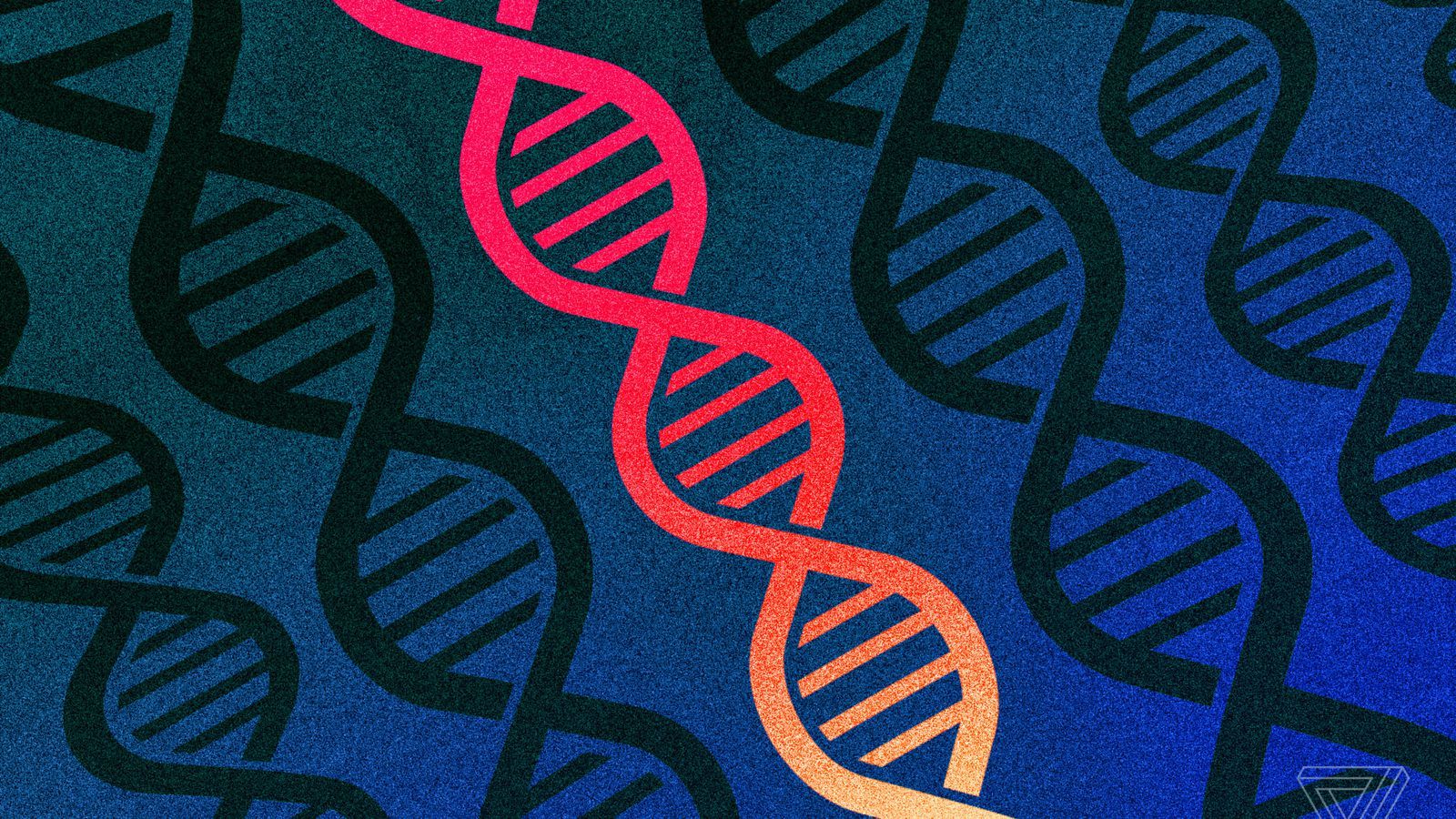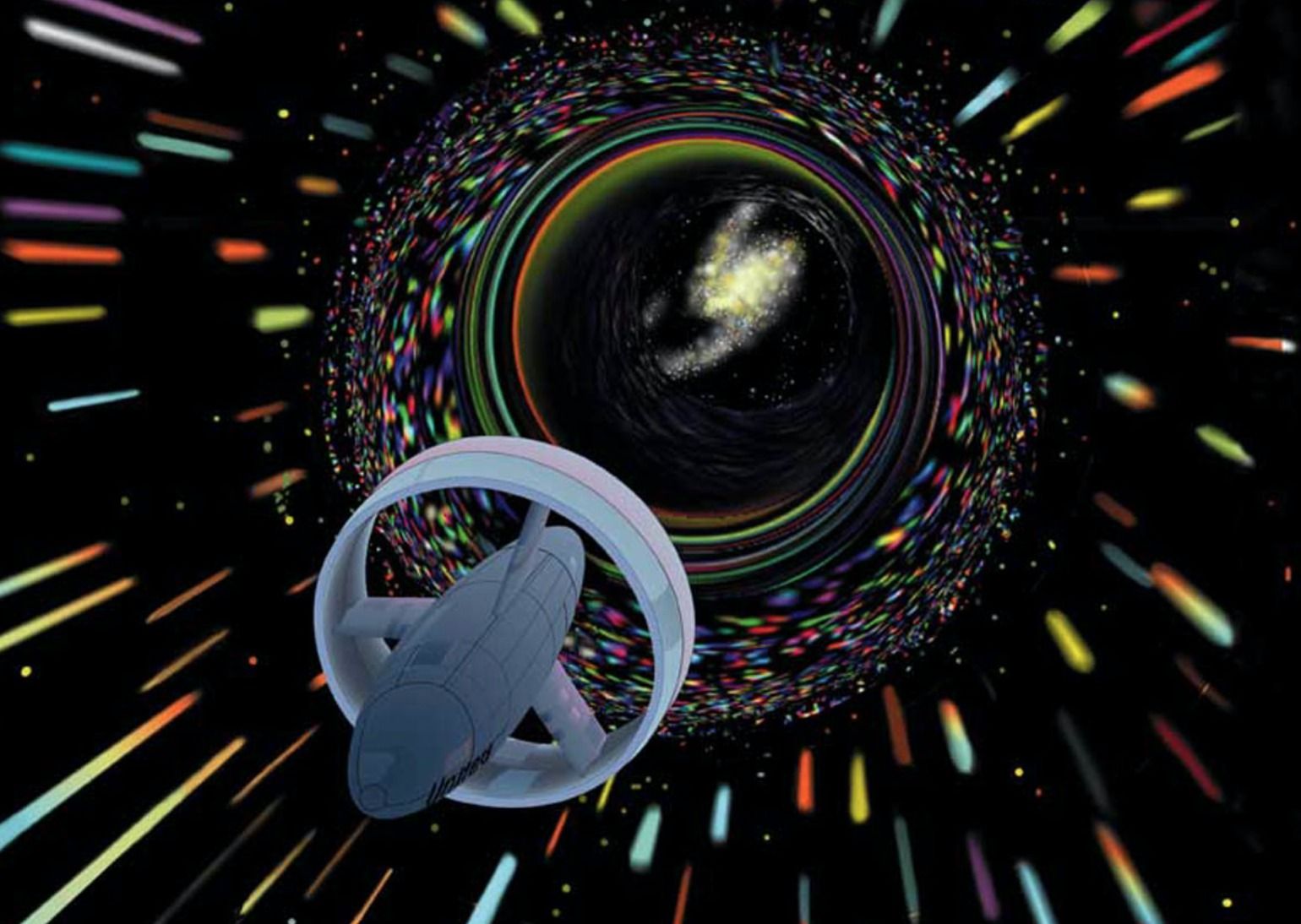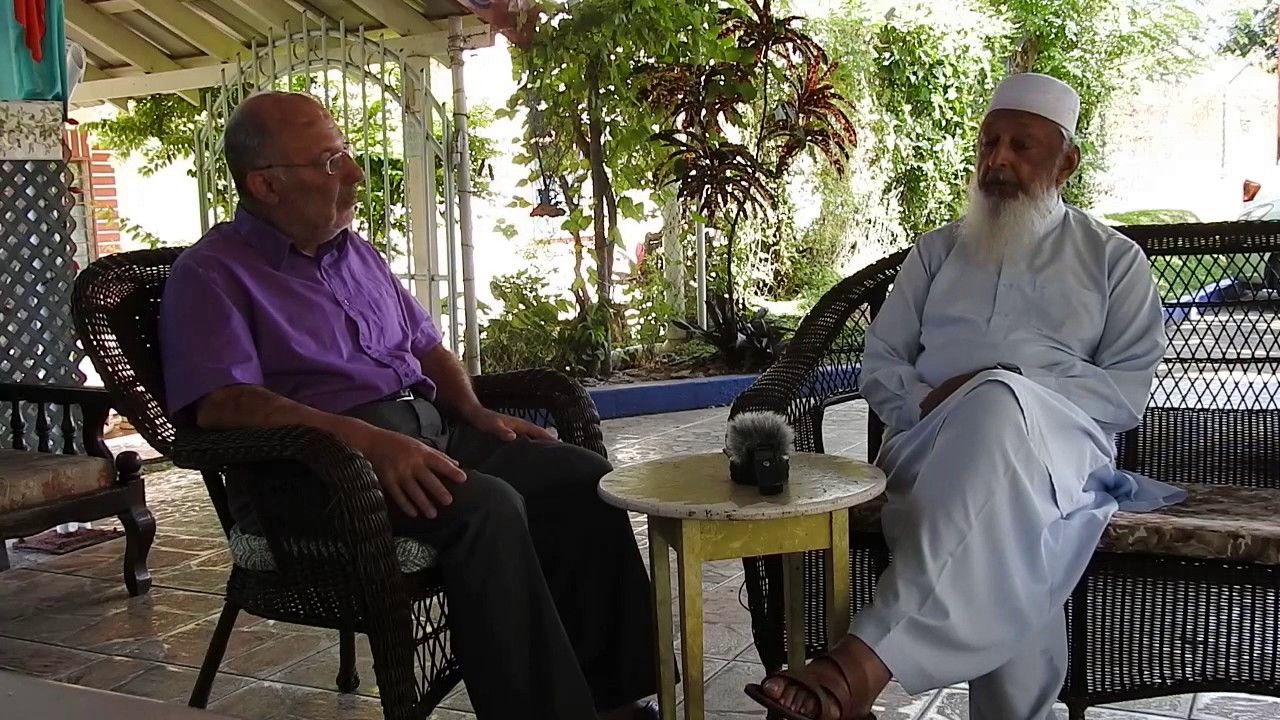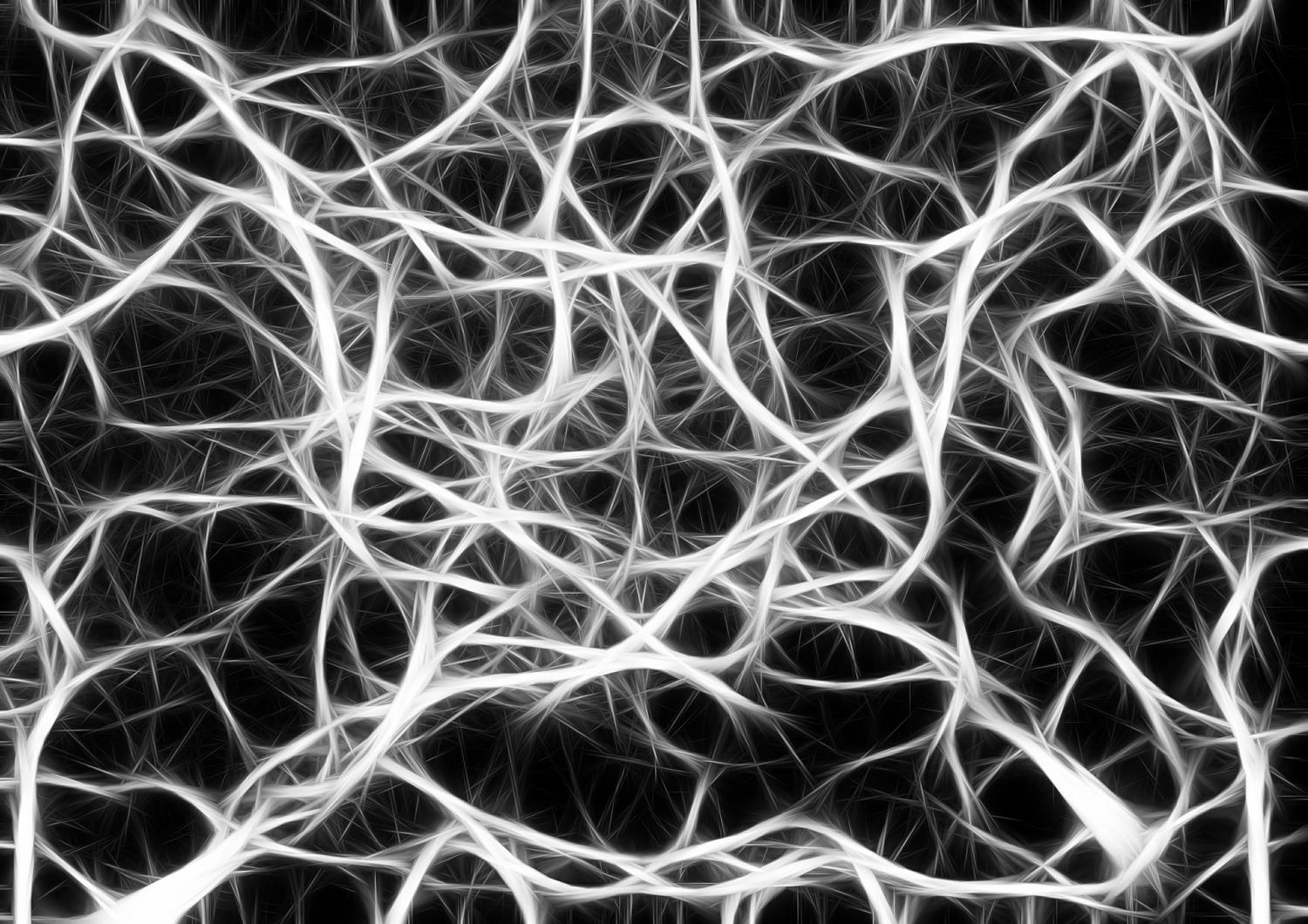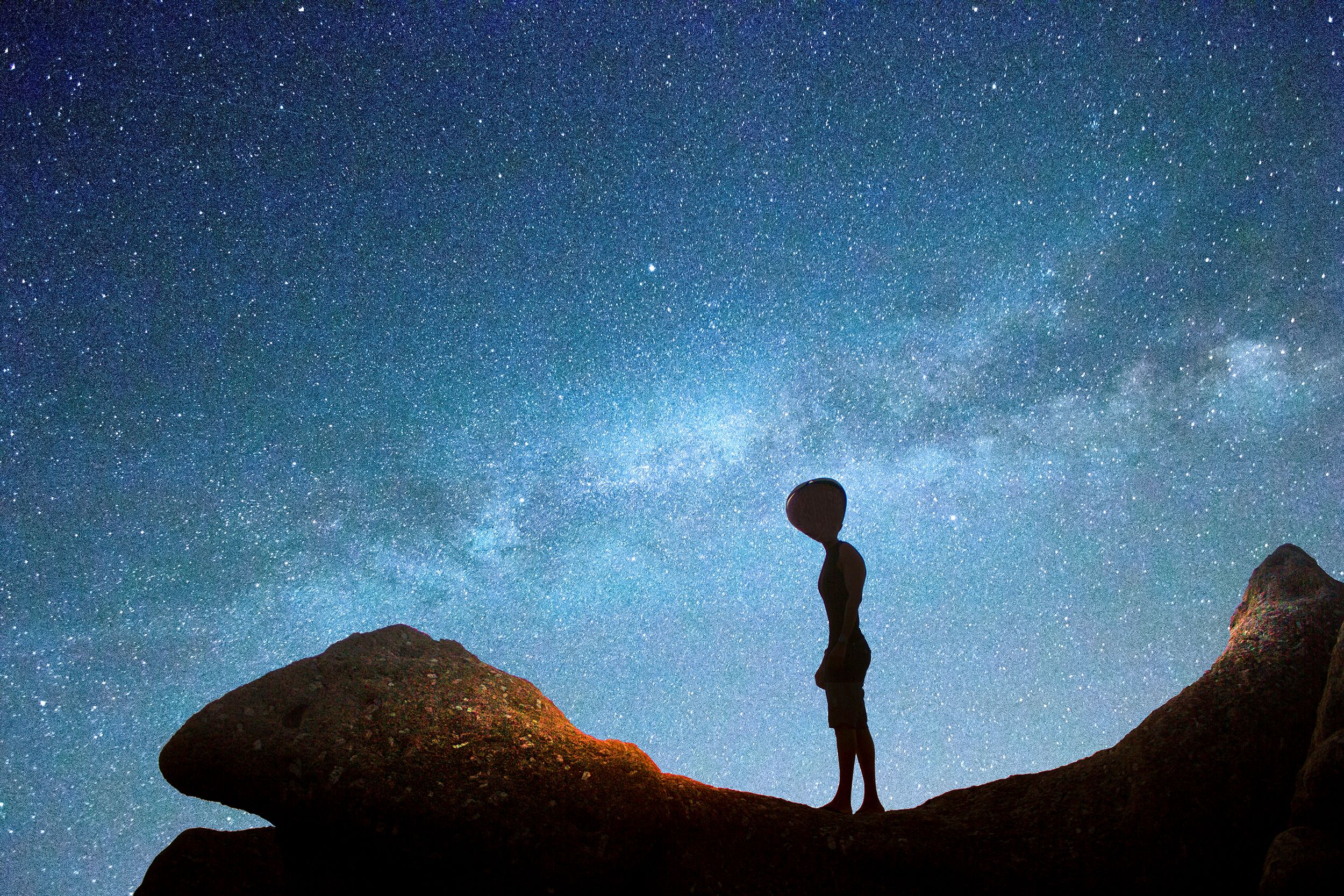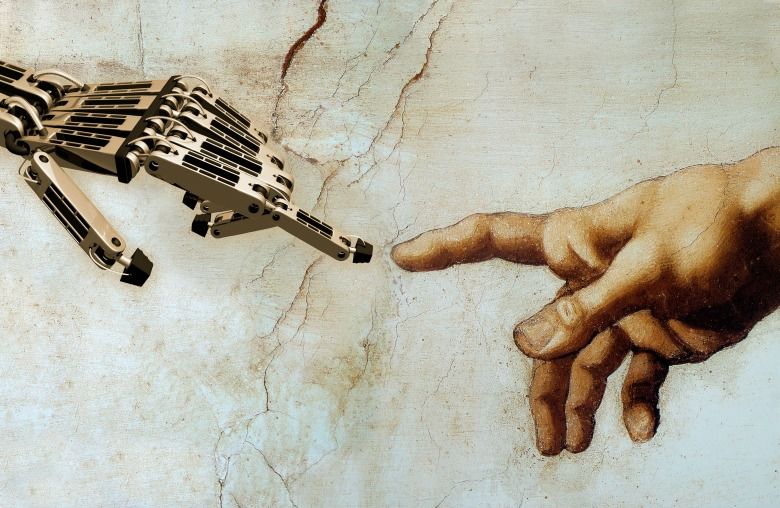Sep 4, 2017
Christian transhumanism? Yes, says pastor
Posted by Zoltan Istvan in categories: ethics, transhumanism
Facts of life, even for passionate seperation of church and state advocates like me: Religious #transhumanism is growing.
WASHINGTON – A Christian pastor from Florida is promoting acceptance of some forms of transhumanism, saying believers should be open to finding an “ethical alternative” to the complete rejection of the scientific, technical and philosophical transhumanist movement that has already begun.
Rev. Christopher Benek, associate pastor of family ministries and mission at First Presbyterian Church in Fort Lauderdale, writes in the Christian Post that it’s time for the development of “Christian transhumanism.”
Continue reading “Christian transhumanism? Yes, says pastor” »

